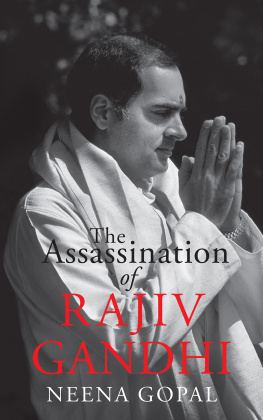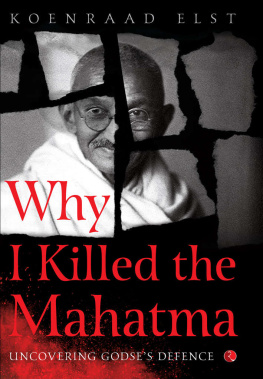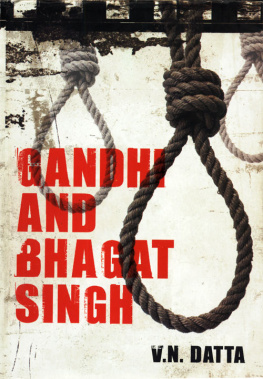Gandhijis Assassin Nathuram Godse's Final Address to the Court.
Nathuram Godse was arrested immediately after he assassinated Gandhiji, based on a F. I. R. filed by Nandlal Mehta at the Tughlak Road Police station at Delhi. The trial, which was held in camera, began on 27th May 1948 and concluded on 10th February 1949. He was sentenced to death..
An appeal to the Punjab High Court, then in session at Simla, did not find favour and the sentence was upheld. The statement that you are about to read is the last made by Godse before the Court on the 5th of May 1949.
Such was the power and eloquence of this statement that one of the judges, G. D. Khosla, later wrote, "I have, however, no doubt that had the audience of that day been constituted into a jury and entrusted with the task of deciding Godse's appeal, they would have brought a verdict of 'not Guilty' by an overwhelming majority"
WHY I KILLED GANDHI
Born in a devotional Brahmin family, I instinctively came to revere Hindu religion, Hindu history and Hindu culture. I had, therefore, been intensely proud of Hinduism as a whole. As I grew up I developed a tendency to free thinking unfettered by any superstitious allegiance to any isms, political or religious. That is why I worked actively for the eradication of untouchability and the caste system based on birth alone. I openly joined RSS wing of anti-caste movements and maintained that all Hindus were of equal status as to rights, social and religious and should be considered high or low on merit alone and not through the accident of birth in a particular caste or profession.
I used publicly to take part in organized anti-caste dinners in which thousands of Hindus, Brahmins, Kshatriyas, Vaisyas, Chamars and Bhangis participated. We broke the caste rules and dined in the company of each other. I have read the speeches and writings of Ravana, Chanakiya, Dadabhai Naoroji, Vivekanand, Gokhale, Tilak, along with the books of ancient and modern history of India and some prominent countries like England, France, America and Russia. Moreover I studied the tenets of Socialism and Marxism.
But above all I studied very closely whatever Veer Savarkar and Gandhiji had written and spoken, as to my mind these two ideologies have contributed more to the moulding of the thought and action of the Indian people during the last thirty years or so, than any other single factor has done.
All this reading and thinking led me to believe it was my first duty to serve Hindudom and Hindus both as a patriot and as a world citizen. To secure the freedom and to safeguard the just interests of some thirty crores (300 million) of Hindus would automatically constitute the freedom and the well-being of all India, one fifth of human race. This conviction led me naturally to devote myself to the Hindu Sanghtanist ideology and programme, which alone, I came to believe, could win and preserve the national independence of Hindustan, my Motherland, and enable her to render true service to humanity as well.
Since the year 1920, that is, after the demise of Lokamanya Tilak, Gandhiji's influence in the Congress first increased and then became supreme. His activities for public awakening were phenomenal in their intensity and were reinforced by the slogan of truth and non-violence which he paraded ostentatiously before the country. No sensible or enlightened person could object to those slogans. In fact there is nothing new or original in them. They are implicit in every constitutional public movement. But it is nothing but a mere dream if you imagine that the bulk of mankind is, or can ever become, capable of scrupulous adherence to these lofty principles in its normal life from day to day.
In fact, honour, duty and love of one's own kith and kin and country might often compel us to disregard non-violence and to use force. I could never conceive that an armed resistance to an aggression is unjust. I would consider it a religious and moral duty to resist and, if possible, to overpower such an enemy by use of force. [In the Ramayana]
Rama killed Ravana in a tumultuous fight and relieved Sita.. [In the Mahabharata],
Krishna killed Kansa to end his wickedness; and Arjuna had to fight and slay quite a number of his friends and relations including the revered Bhishma because the latter was on the side of the aggressor. It is my firm belief that in dubbing Rama, Krishna and Arjuna as guilty of violence, the Mahatma betrayed a total ignorance of the springs of human action.
In more recent history, it was the heroic fight put up by Chhatrapati Shivaji that first checked and eventually destroyed the Muslim tyranny in India. It was absolutely essentially for Shivaji to overpower and kill an aggressive Afzal Khan, failing which he would have lost his own life. In condemning history's towering warriors like Shivaji, Rana Pratap and Guru Gobind Singh as misguided patriots, Gandhiji has merely exposed his self-conceit. He was, paradoxical as it may appear, a violent pacifist who brought untold calamities on the country in the name of truth and non-violence, while Rana Pratap, Shivaji and the Guru will remain enshrined in the hearts of their countrymen for ever for the freedom they brought to them.
The accumulating provocation of thirty-two years, culminating in his last pro-Muslim fast, at last goaded me to the conclusion that the existence of Gandhi should be brought to an end immediately. Gandhi had done very good in South Africa to uphold the rights and well-being of the Indian community there. But when he finally returned to India he developed a subjective mentality under which he alone was to be the final judge of what was right or wrong. If the country wanted his leadership, it had to accept his infallibility; if it did not, he would stand aloof from the Congress and carry on his own way.
Against such an attitude there can be no halfway house. Either Congress had to surrender its will to his and had to be content with playing second fiddle to all his eccentricity, whimsicality, metaphysics and primitive vision, or it had to carry on without him. He alone was the Judge of everyone and every thing; he was the master brain guiding the civil disobedience movement; no other could know the technique of that movement. He alone knew when to begin and when to withdraw it. The movement might succeed or fail, it might bring untold disaster and political reverses but that could make no difference to the Mahatma's infallibility. 'A Satyagrahi can never fail' was his formula for declaring his own infallibility and nobody except himself knew what a Satyagrahi is. Thus, the Mahatma became the judge and jury in his own cause. These childish insanities and obstinacies, coupled with a most severe austerity of life, ceaseless work and lofty character made Gandhi formidable and irresistible.
Many people thought that his politics were irrational but they had either to withdraw from the Congress or place their intelligence at his feet to do with as he liked. In a position of such absolute irresponsibility Gandhi was guilty of blunder after blunder, failure after failure, disaster after disaster. Gandhi's pro-Muslim policy is blatantly in his perverse attitude on the question of the national language of India. It is quite obvious that Hindi has the most prior claim to be accepted as the premier language. In the beginning of his career in India, Gandhi gave a great impetus to Hindi but as he found that the Muslims did not like it, he became a champion of what is called Hindustani.. Everybody in India knows that there is no language called Hindustani; it has no grammar; it has no vocabulary. It is a mere dialect, it is spoken, but not written. It is a bastard tongue and cross-breed between Hindi and Urdu, and not even the Mahatma's sophistry could make it popular. But in his desire to please the Muslims he insisted that Hindustani alone should be the national language of India. His blind followers, of course, supported him and the so-called hybrid language began to be used. The charm and purity of the Hindi language was to be prostituted to please the Muslims. All his experiments were at the expense of the Hindus.


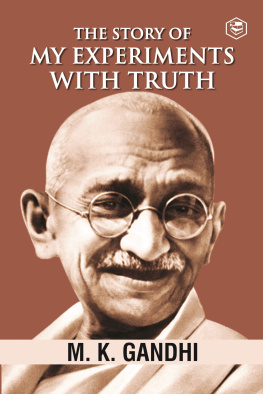
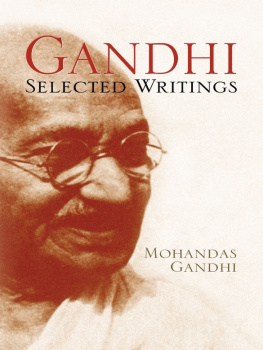
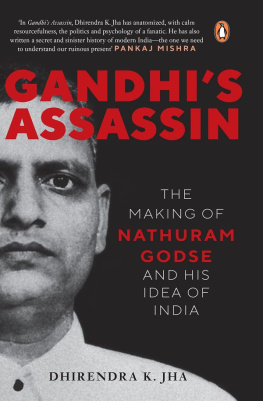

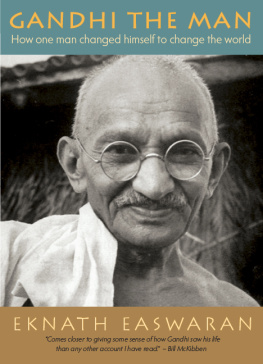
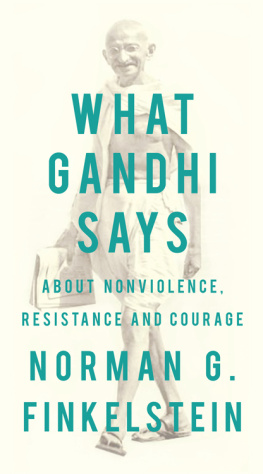
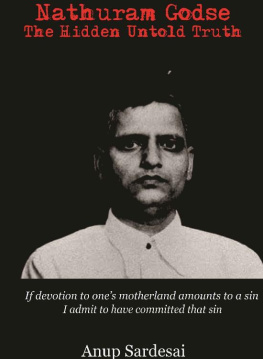
![Jay Godse [Jay Godse] - Ruby Data Processing: Using Map, Reduce, and Select](/uploads/posts/book/124108/thumbs/jay-godse-jay-godse-ruby-data-processing-using.jpg)
